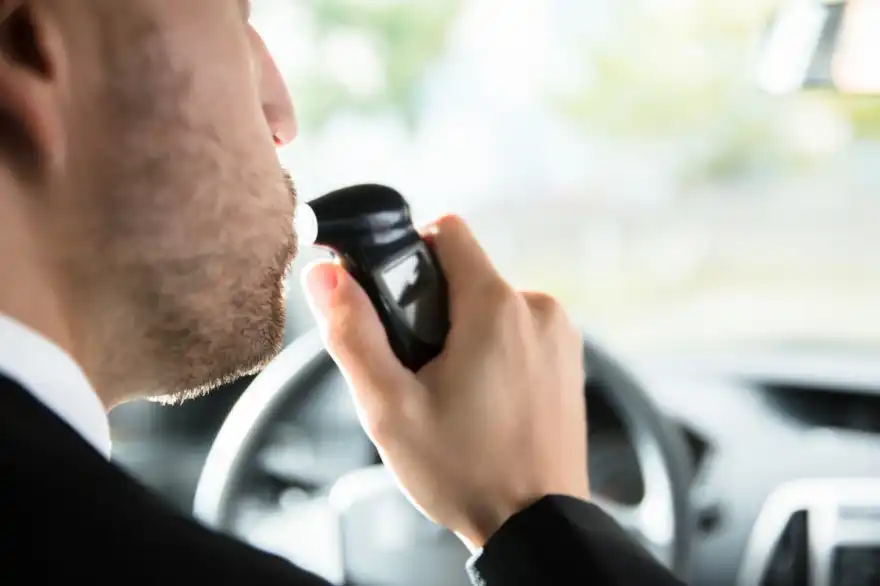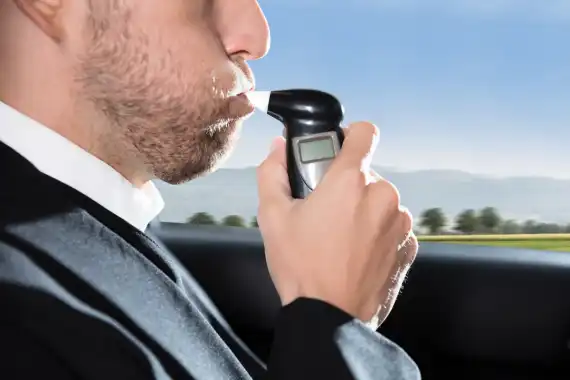
How Smart Start Interlock works
Drivers that have a tricky relationship with alcohol can have a small, discreet, breathalyser ignition lock in their vehicle that stops it starting if they are over the legal limit, Durham Constabulary said. This Smart Start interlock – which is being tested for the first time in The UK - is easy to use. The motorist:
- Gets into the car and retrieves the breathalyser
- Provides a sample of breath
- Waits a few seconds for the sample to be analysed
The Smart Start interlock then confirms the result of the test and reacts accordingly. If, for example, the motorist is above the drink-drive limit it stops the engine starting. The motorist then has to wait long enough to fall below the legal limit, then retest.
There is the opposite scenario, of course. If the motorist is below the drink-drive limit the vehicle starts, drives, and behaves normally. However, the motorist is further required to stop periodically and provide a further sample. If, therefore, the motorist consumes too much alcohol on the move the car is disabled.
Checkpoint Programme
The Smart Start interlock is part of The Checkpoint Programme, Durham Constabulary explained. The Programme – in a far wider context than motoring – is an “alternative to prosecution” that offers people a valuable, four month, opportunity to address the cause of their illegal activities to reduce the risk of repetition.
“People are often motivated to commit crime due to underlying issues in their lives”, Durham Constabulary explained. The cited, common, problems that frequently lead to suspect behaviour include:
- Alcoholism
- Health issues
- Money worries
- Poor relationships

Police Commissioner calls for new law
Durham Police Crime and Victims’ Commissioner, Ron Hogg, confirmed: “The misuse of alcohol puts a massive strain on our emergency services. The financial burden alone is estimated to be in the region of eleven billion pounds - not to mention the devastating consequence for the families of those killed or seriously injured.”
Smart Start interlock installation is a common, court imposed, sanction in countries such as The United States of America and Denmark, Mr Hogg continued. The United Kingdom government has “assessed evidence” from such countries and concluded it is an effective, low cost, means to minimise such offending, he revealed.
The Crime and Victims’ Commissioner therefore called for a change of law that enables courts to force motorists to have devices fitted to improve safety. As things stand, motorists that are likely to drink-drive must voluntarily accept such restrictions. There needs to be a “change of national policy”, Mr Hogg concluded.
